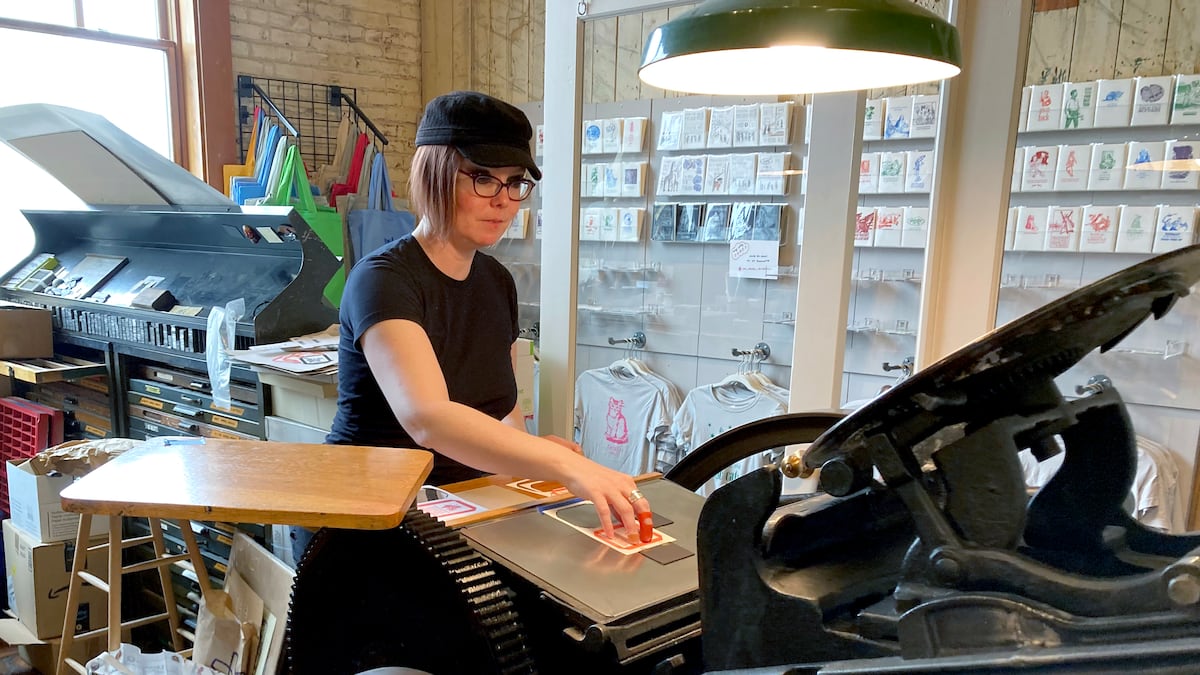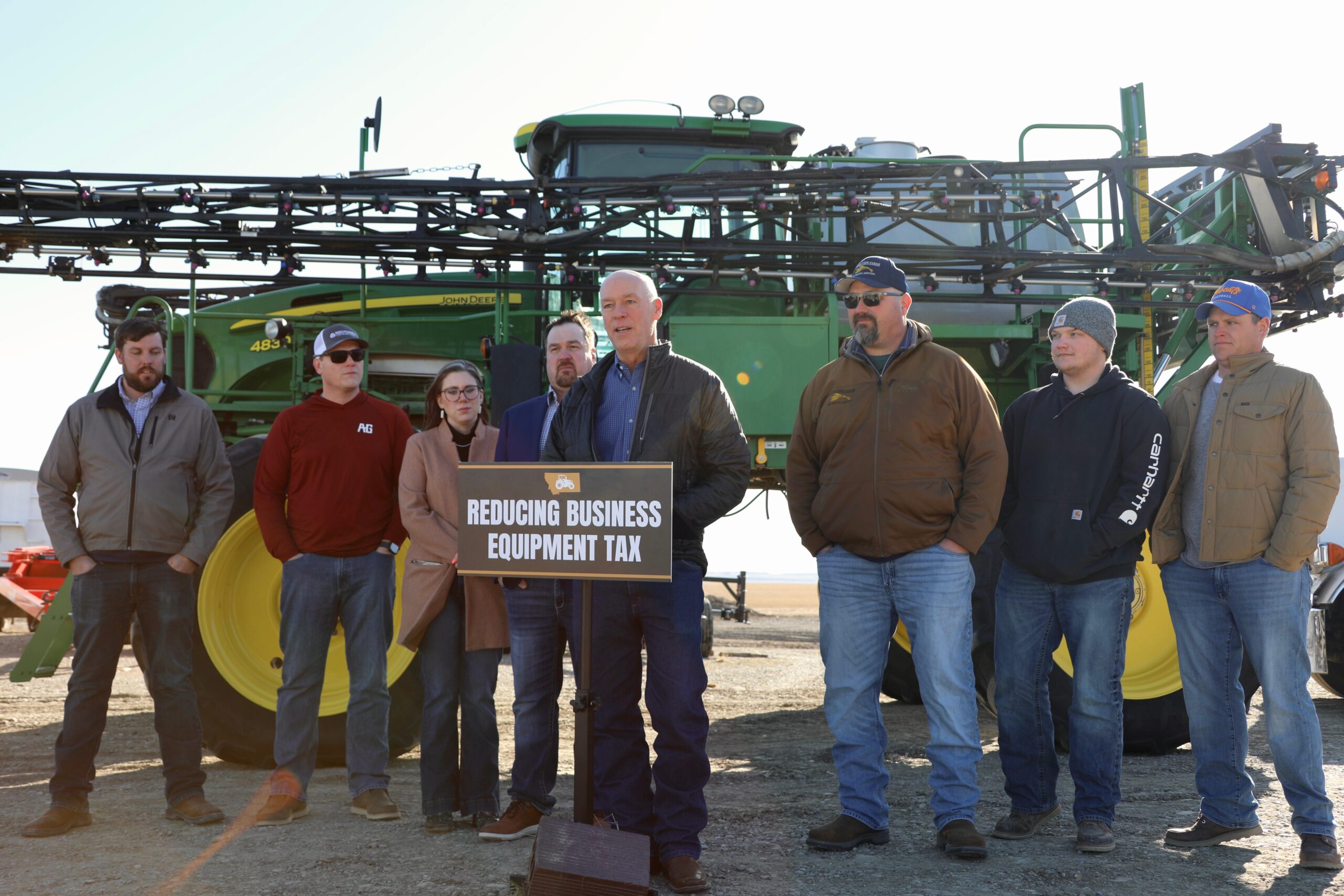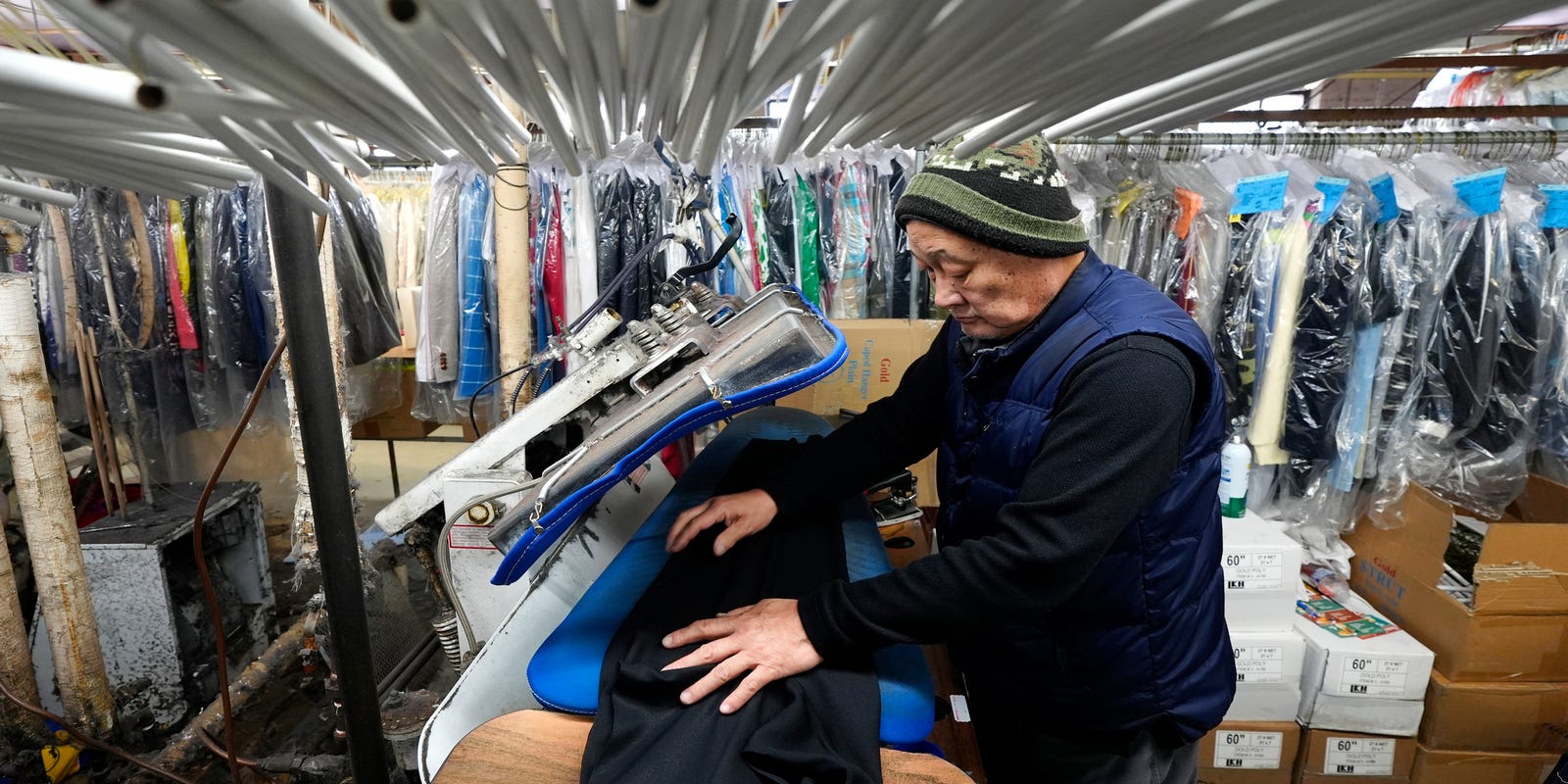From Survival to Success: How One Portland Store Turned Pandemic Challenges into Triumph
Business
2025-03-27 13:00:01Content

When COVID-19 swept across the United States in 2020, traditional retailers in Oregon faced an unprecedented challenge: adapt or perish. Cargo Inc., a beloved shop nestled in Southeast Portland, exemplified resilience by transforming its business model during the pandemic. Rather than succumbing to the economic pressures, the store pivoted from its primary focus on imported merchandise and ingeniously reimagined its retail space.
The company's innovative approach involved opening its doors to local artists and small-scale retailers, creating a collaborative platform that supported the community during a time of significant economic uncertainty. By embracing local talent and providing a marketplace for regional creators, Cargo Inc. not only survived the pandemic's economic upheaval but also became a beacon of hope and creativity for Portland's entrepreneurial spirit.
This strategic shift demonstrated how small businesses could be agile, adaptive, and community-focused during challenging times, turning a potential crisis into an opportunity for reinvention and local economic support.
Resilience in Retail: How Oregon Businesses Transformed During the Pandemic
In the face of unprecedented challenges, small businesses across Oregon discovered remarkable adaptability during the global COVID-19 pandemic. The retail landscape underwent a dramatic transformation, forcing entrepreneurs to reimagine their business models, pivot strategies, and embrace innovative approaches to survival and growth.Survival Demands Creativity in Challenging Times
The Metamorphosis of Local Retail Ecosystems
The pandemic served as a crucible of innovation for Oregon's retail sector, compelling businesses to break traditional operational boundaries. Southeast Portland's Cargo Inc. emerged as a quintessential example of entrepreneurial resilience, demonstrating how strategic pivoting could not only preserve a business but potentially unlock new opportunities. Traditional import-focused retail models suddenly became unsustainable as global supply chains fractured and consumer behaviors dramatically shifted. Businesses like Cargo Inc. recognized that survival meant radical reinvention, transforming their existing infrastructure into collaborative platforms that supported local talent and creativity.Empowering Local Artists and Entrepreneurs
By opening their physical spaces to local artists and retailers, Cargo Inc. created a microcosm of economic regeneration. This approach went beyond mere survival strategy; it represented a profound reimagining of retail as a community-driven ecosystem where collaboration superseded competition. The decision to pivot from exclusively importing goods to becoming a collaborative marketplace highlighted the agility required in modern business landscapes. Local artists found unexpected platforms, while the retail space itself became a dynamic, adaptive environment capable of responding to rapidly changing economic conditions.Technological Adaptation and Digital Transformation
Beyond physical space reconfiguration, businesses like Cargo Inc. simultaneously embraced digital technologies to expand their reach. Online platforms, virtual marketplaces, and innovative digital marketing strategies became critical components of their survival toolkit. The pandemic accelerated digital adoption rates, compelling traditional brick-and-mortar establishments to develop robust online presences. This digital transformation was not merely a temporary response but represented a fundamental restructuring of retail engagement models.Community Resilience and Economic Solidarity
Cargo Inc.'s approach exemplified a broader trend of community-centered economic strategies. By providing platforms for local creators and entrepreneurs, they contributed to a more interconnected and supportive local economic ecosystem. This model of mutual support demonstrated how businesses could transform challenges into opportunities, creating networks of resilience that extended far beyond individual commercial interests. The pandemic became a catalyst for reimagining economic relationships, emphasizing collaboration, flexibility, and community-driven innovation.Lessons in Adaptability and Future Preparedness
The experiences of businesses like Cargo Inc. offer profound insights into organizational adaptability. They underscore the importance of maintaining flexible business models, cultivating diverse revenue streams, and remaining responsive to rapidly evolving market dynamics. As the pandemic gradually recedes, these lessons in resilience, creativity, and community-centered approaches will likely continue to shape Oregon's retail landscape, serving as a testament to human ingenuity and collective economic strength.RELATED NEWS
Business

Tax Battle: Montana Leaders Rally Behind Farmers in Critical Equipment Levy Showdown
2025-03-19 20:26:25
Business

Entrepreneurial Pioneers: How Four Innovators Are Reshaping Business Dynamics
2025-04-12 09:04:16
Business

Oil Diplomacy Showdown: Trump's Bold Move Against Venezuela's Energy Lifeline
2025-04-02 14:03:56





